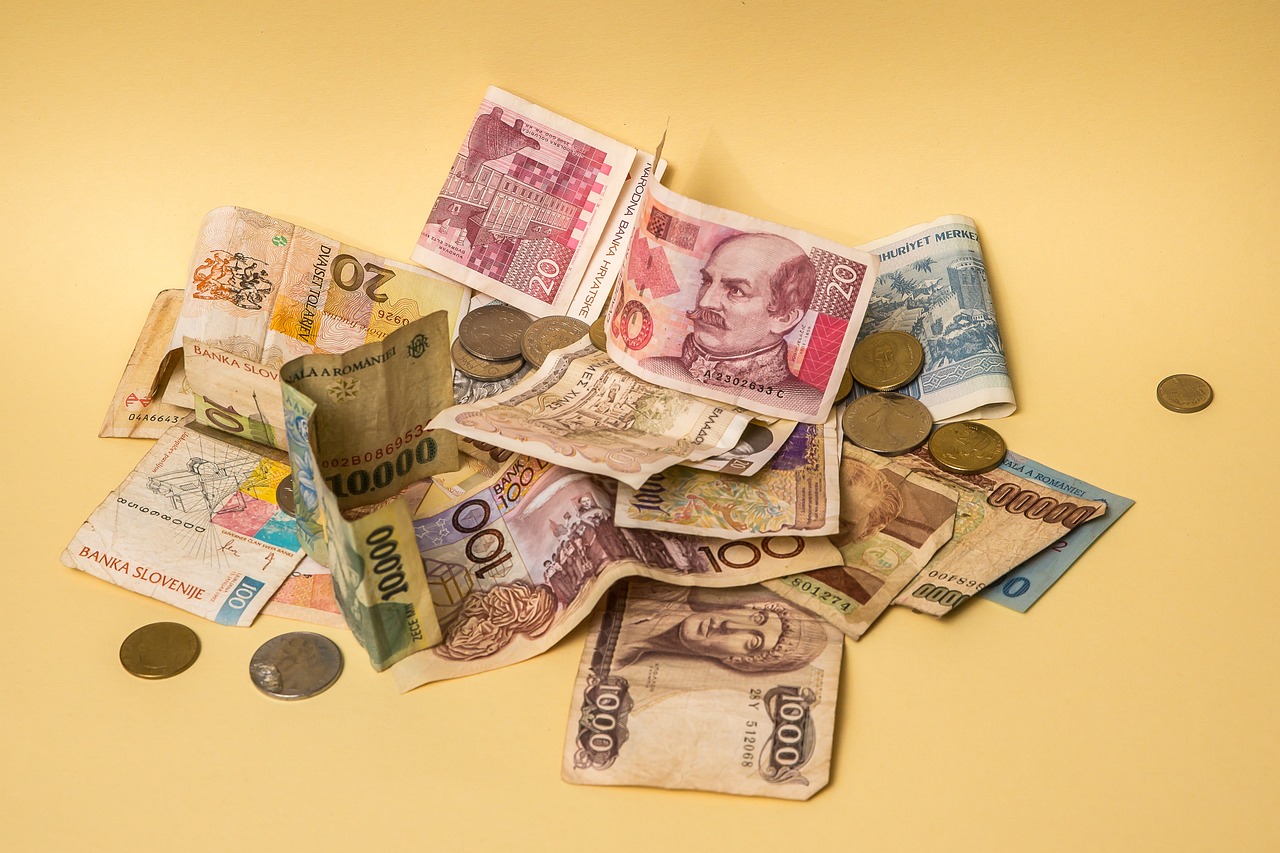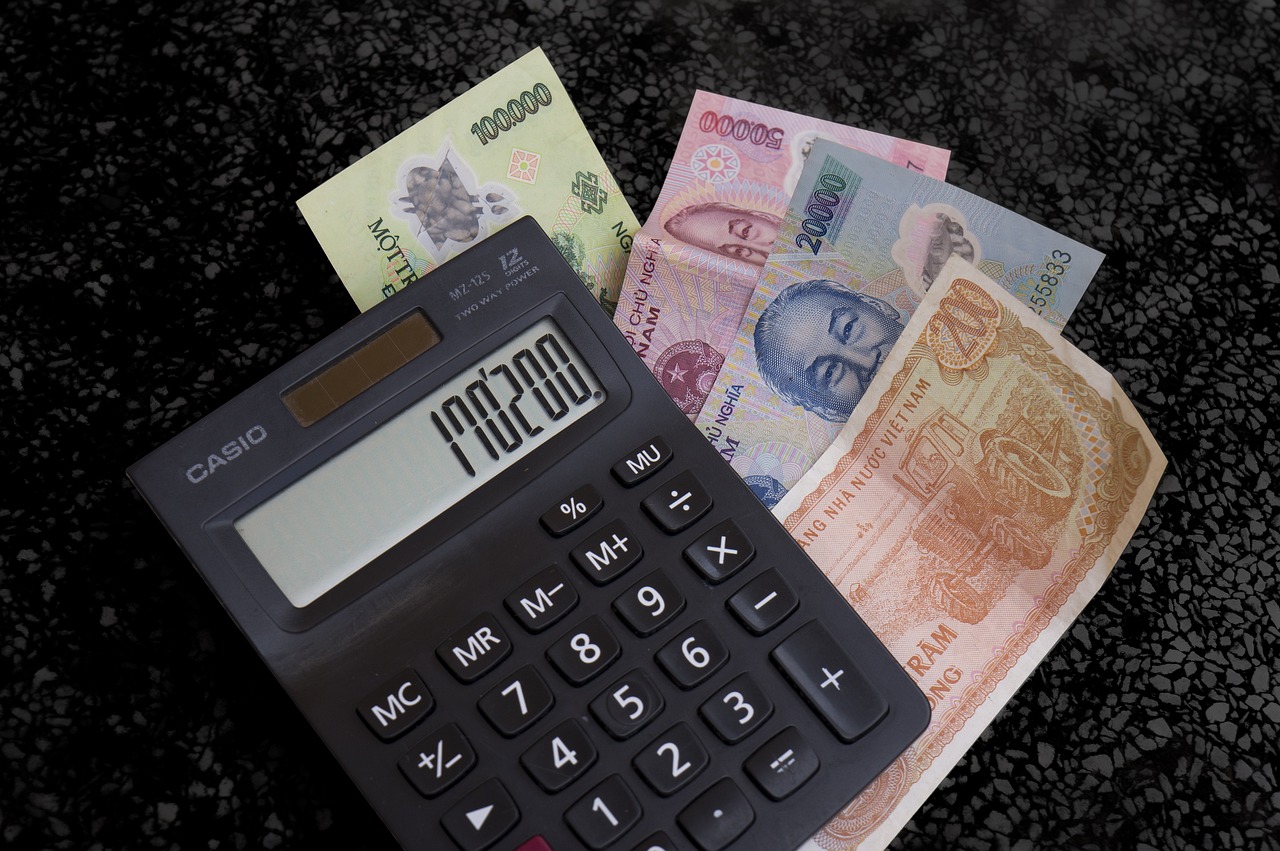Wiring Money to China: Methods, Regulations, and Tax Implications
GPT_Global - 2025-09-27 05:00:12.0 173
Can I send money to China using Western Union?
Sending money to China using Western Union is a fast and reliable option for individuals looking to remit funds abroad. With a network of over 500,000 locations globally, Western Union allows you to send money to China conveniently and securely.
To send money, all you need is a Western Union account or visit a nearby agent location. Whether you choose online transfer, via mobile app, or in-person at a branch, the process is straightforward. You can choose to send money directly to a recipient's bank account or for pickup at one of the numerous Western Union locations in China.
Fees for sending money vary based on the transfer amount, payment method, and how quickly you need the funds to arrive. Western Union provides competitive exchange rates for Chinese Yuan (CNY), making it an attractive option for international remittance services. Transfers are typically completed within minutes, offering convenience for both senders and recipients.
Overall, Western Union provides a reliable, efficient, and secure way to send money to China, making it a great choice for remittance needs. Remember to check the specific fees and terms on the Western Union website before making your transfer.

What is the process for wiring money to China using MoneyGram?
Sending money to China has become simpler with MoneyGram, a trusted international money transfer service. The process for wiring money through MoneyGram involves just a few easy steps. First, visit your nearest MoneyGram location or use their online platform. You'll need to provide your identification details and the recipient's information, including their full name and the location in China where the money will be received.
Next, decide on the amount you wish to send and choose the payment method. MoneyGram accepts payments via cash, debit, or credit cards. Once the payment is made, MoneyGram will give you a reference number. This unique number allows the recipient to claim the funds at any MoneyGram location in China.
In addition to its physical locations, MoneyGram also offers a convenient mobile app and website, allowing you to track your transfer and stay updated on the progress. Ensure you understand the transfer fees and exchange rates before completing your transaction to avoid surprises.
With MoneyGram, sending money to China is fast, secure, and efficient. Whether you need to send money for business or personal reasons, MoneyGram provides a reliable option for your remittance needs.
How do I wire money to China if I don’t have a Chinese bank account?
```htmlWiring money to China without a Chinese bank account is easier than ever, thanks to modern remittance services. Whether you are sending funds to family, paying for services, or making business transactions, there are several methods to choose from.
One popular option is using online money transfer services like Western Union, PayPal, or Wise. These platforms allow you to send funds directly from your bank account or debit card to a recipient in China, even if they don't have a local bank account. All you need is the recipient's contact details or mobile number.
For those who prefer using traditional routes, you can visit a local agent or remittance center. Services like Western Union and MoneyGram offer international transfers at physical locations, allowing the recipient in China to pick up the cash at a nearby agent location.
While some fees may apply depending on the service provider, sending money without a Chinese bank account is straightforward. Always compare rates and service fees to choose the most cost-effective and secure option for your needs.
```Is there a difference between wire transfers and online money transfers to China?
When sending money to China, it's important to understand the difference between wire transfers and online money transfers. Both methods are commonly used, but they vary in terms of convenience, cost, and speed.
Wire transfers typically involve banks or financial institutions as intermediaries. They are considered more traditional and secure, though they often come with higher fees and may take a few business days to complete. This method requires you to visit a bank or use their online platform, which can be less convenient for some users.
Online money transfers, on the other hand, are typically offered by specialized remittance services. These services are faster, often cheaper, and can be done entirely online from your computer or mobile device. They allow for real-time transfers and can offer competitive exchange rates, making them an attractive option for those looking to send money quickly to China.
Ultimately, the choice between wire transfers and online money transfers depends on your preferences for speed, cost, and convenience. For faster and more cost-effective options, online money transfers may be the way to go.
Can I send money to China using a credit card?
Sending money to China using a credit card is a convenient option for many people, but it’s important to understand the process and fees involved. Several remittance services allow credit card payments, providing an easy way to transfer funds across borders. However, it’s essential to check the service provider’s specific terms, as they can vary.
One of the key considerations when using a credit card to send money to China is the transaction fee. Credit card payments often come with higher fees compared to bank transfers or other payment methods. Additionally, your credit card provider might treat the transaction as a cash advance, which could incur additional charges and interest rates.
For faster transactions, many online remittance platforms accept credit card payments. The transfer time is typically much shorter than traditional bank transfers. However, it’s always a good idea to compare different services to ensure you're getting the best deal, both in terms of cost and speed.
In conclusion, while sending money to China with a credit card is a viable option, it’s essential to consider the associated fees and service terms. Always research the best remittance providers to ensure you are making a cost-effective transfer.
Are there any government regulations for wiring money from the US to China?
Sending money internationally has become increasingly common, and many people in the United States need to wire funds to China. However, there are important government regulations that remittance businesses and individuals must be aware of when transferring money from the US to China.
One of the primary regulations governing such transfers is compliance with the US Department of the Treasury's Office of Foreign Assets Control (OFAC). OFAC ensures that money does not flow to or from countries or individuals on restricted lists. This is crucial for anyone wiring money to China to ensure that they are not inadvertently violating any sanctions or regulations.
Additionally, the Chinese government has its own set of controls and regulations on foreign exchange transactions. The State Administration of Foreign Exchange (SAFE) oversees foreign remittances and limits the amount of money an individual can transfer in a year. Businesses offering remittance services must comply with both US and Chinese laws to ensure smooth transactions.
For a hassle-free experience, it’s essential to work with a reputable remittance service provider that understands these complex regulations and ensures that all necessary compliance steps are met. This will ensure your money transfer is secure and legal.
What are the tax implications of sending large sums of money to China?
Sure! Here’s a concise SEO-focused article under 200 words with proper paragraph tags: --- Sending large sums of money to China can raise important tax considerations for both the sender and recipient. Understanding the tax implications is essential to ensure compliance and avoid unnecessary penalties. International remittances are often subject to reporting requirements, depending on the country of origin, transfer amount, and purpose of funds. In the United States, for example, sending more than $10,000 abroad may trigger reporting to the IRS under anti-money laundering laws. While the sender generally does not pay taxes on personal remittances, failing to report large transfers could cause legal complications. Similarly, in China, recipients may be required to declare incoming foreign funds, and taxes could apply if the money is considered income rather than a personal gift. For businesses transferring large sums to China, additional taxes such as withholding or corporate income tax may come into play. To avoid unnecessary costs, it is recommended to use licensed remittance providers who understand cross-border regulations. Professional guidance can help ensure compliance with both U.S. and Chinese tax laws while streamlining the transfer process. By staying informed about the tax implications of large transfers, individuals and businesses can send money to China securely, efficiently, and without unexpected surprises.
About Panda Remit
Panda Remit is committed to providing global users with more convenient, safe, reliable, and affordable online cross-border remittance services。
International remittance services from more than 30 countries/regions around the world are now available: including Japan, Hong Kong, Europe, the United States, Australia, and other markets, and are recognized and trusted by millions of users around the world.
Visit Panda Remit Official Website or Download PandaRemit App, to learn more about remittance info.



